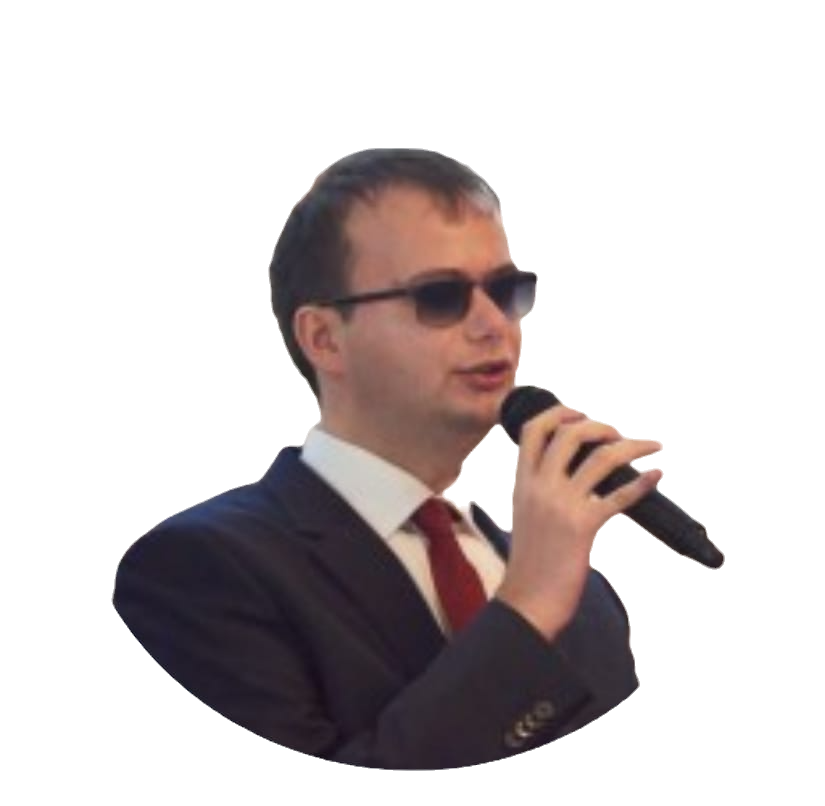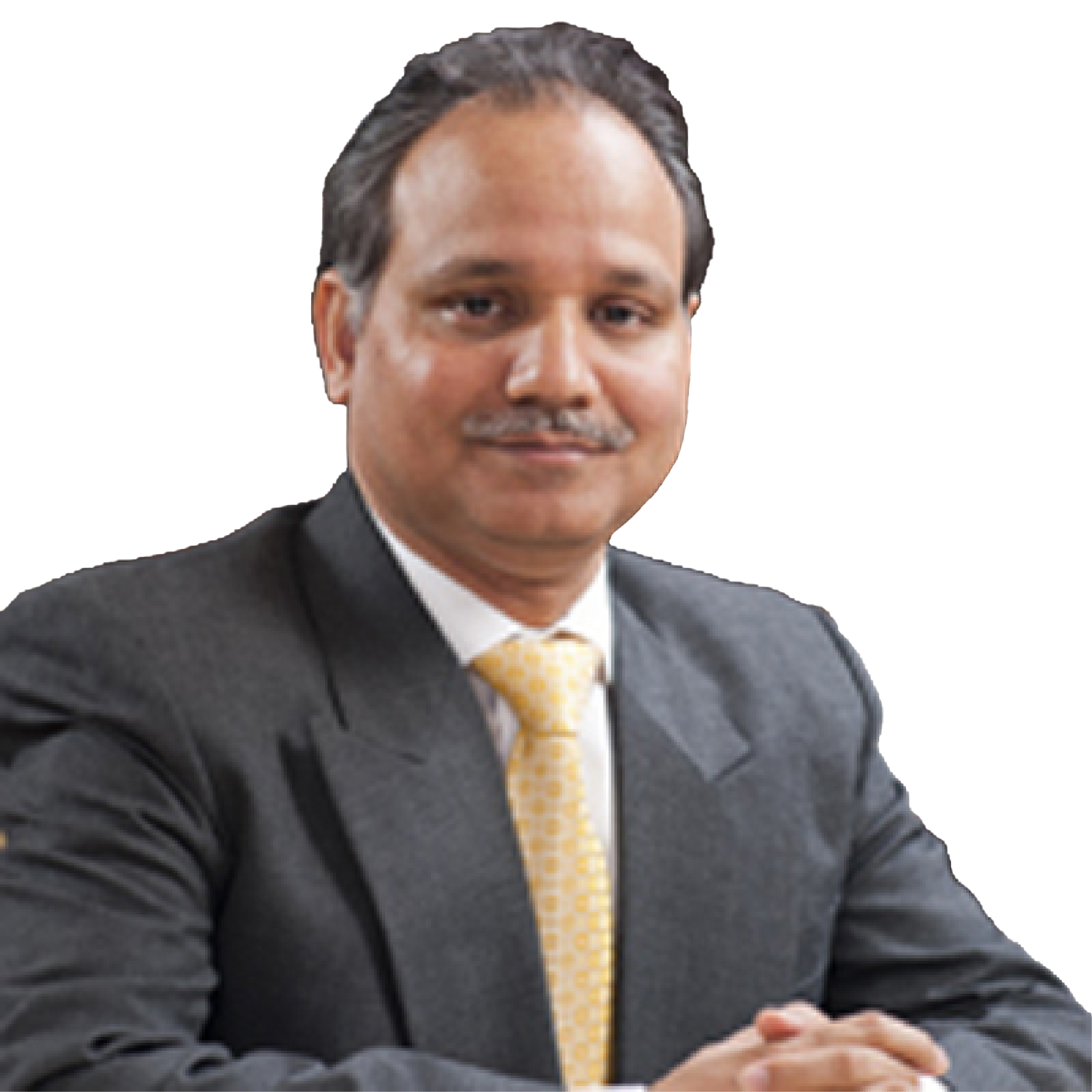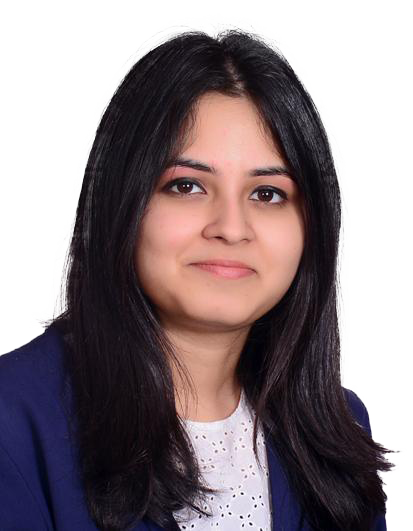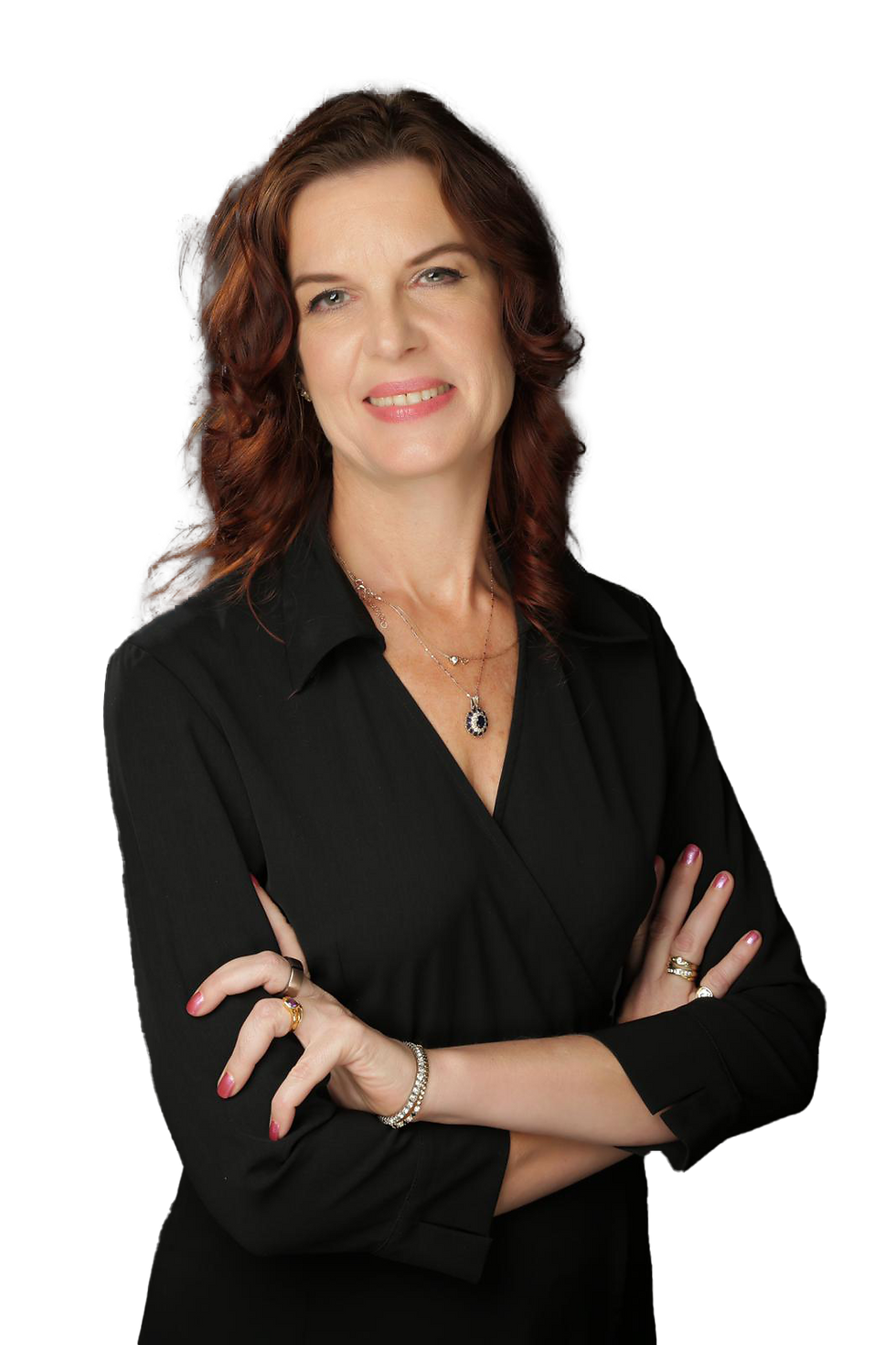Working with Global Stakeholders to Promote Disability Inclusion in ADR




Core Values
The Network for Disability Inclusion in ADR (NDI-ADR) is a global initiative committed to fostering accessibility, inclusion, and equal participation for persons with disabilities within the field of arbitration and other ADR mechanisms. We are a growing community of legal professionals, arbitrators, professors, students, and institutional representatives who recognize that diversity strengthens the legitimacy and integrity of international dispute resolution.
Our Mission
We aim to break down barriers—physical, procedural, and attitudinal that may prevent individuals with disabilities from fully engaging in ADR as practitioners, parties, witnesses, or academics.
Our Vision
We envision an arbitration landscape where:
-
Disability inclusion is integrated into the design and conduct of ADR proceedings;
-
Professionals with disabilities can pursue careers in ADR without limitation;
-
Procedural fairness includes accessibility for all participants;
-
Institutions lead by example through inclusive policies and infrastructure.
-
Students can take part in competitions without barriers.
What We Do
-
Raise awareness on disability rights and accessibility in ADR through events, publications, and social dialogue.
-
Advocate for inclusive practices among arbitral institutions, law firms, academic programmes and student competitions.
-
Connect professionals with disabilities and allies in ADR to form a supportive and resourceful community.
-
Collaborate with stakeholders to develop and promote best practices for accessible ADR processes.
Why It Matters
Accessibility in ADR is not only a matter of legal compliance or ethical duty, it is essential for procedural justice and equal access to the rule of law.
By removing systemic obstacles and centering lived experiences of disability, we aim to reshape the future of ADR to be more representative and fair.
Meet Our Founders

Nikola Nikolic
Committed to creating a more accessible and equitable dispute resolution environment.

Dr Rajesh Sharma
Working towards a more inclusive and diverse dispute resolution ecosystem.

Alix Povey
Striving for a dispute resolution environment that embraces diversity and inclusion.

Mahak Rathee
Building a more equitable and varied system for resolving conflicts.



Meet Our Ambassadors

Yas Banifatemi
Promoting a dispute resolution landscape that values diversity and accessibility.

Professor Albert Jan van den Berg
Bringing diverse expertise to promote the rights and participation of individuals with disabilities.

Helene Van Lith
Advancing a dispute resolution framework that welcomes all perspectives and backgrounds.

Simon Maynard
Ensuring fair and inclusive practices in dispute resolution through innovative strategies.

Dr Todd Weiler
Fostering a fair and representative approach to conflict resolution




